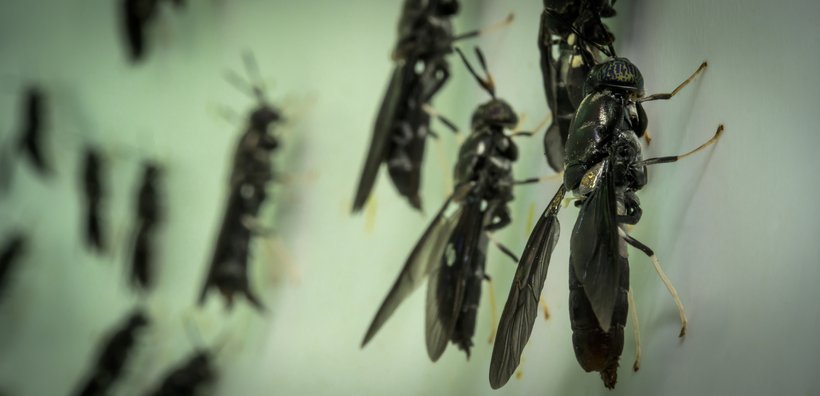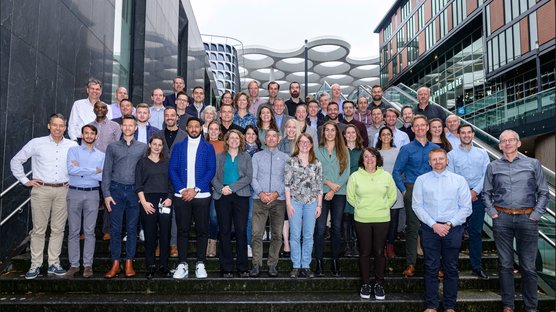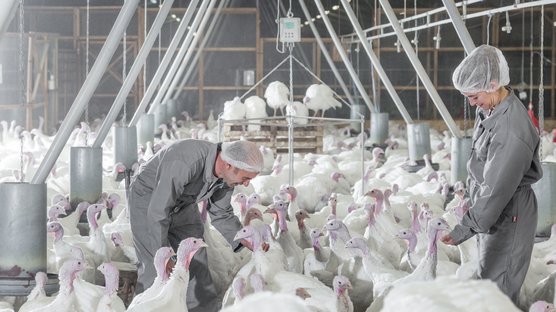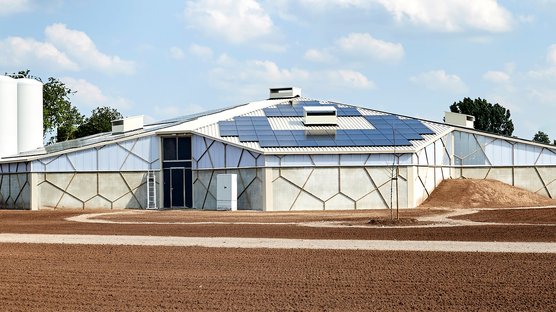
Published on July 13, 2022
Latest insect research published: Major genetic progress achieved
Scientific journal Frontiers in Genetics published the latest major results on the genetic improvement program in black soldier fly. Hendrix Genetics together with Protix are excited with the achieved results of genetic selection.
Global recognition you don’t get every day
It’s one step closer to setting the standard for sustainable animal breeding and helping to feed the world. Frontiers in Genetics acknowledged our combined efforts. Getting peer reviewed means a stronger base to continue. An advantage for us and the feed and food industry at large.
The results
Over the last two years, our selective breeding program for black soldier flies showed an average improvement of:
- 39% heavier larvae
- 32% more protein harvested per crate
- 21% more fat harvested per crate
We are sure that with more research, advanced techniques and improve collaboration with the industry we can achieve much more!
In short:
Black soldier fly (Hermetia illucens) farming has exponentially increased in recent years due to the ability of its larvae to efficiently convert low-grade organic materials into high-value food, feed, and technical products. There is a need to further improve the efficiency of production, to meet the rising demands for proteins in the feed and food industries under limited resources.
One means of improvement is artificial selection, which has been widely applied in plants and in other livestock species. In 2019, a genetic improvement program was started with the aim to increase larval body weight in black soldier fly larvae. In this paper, we present the outcomes of this breeding program after 10, 13, and 16 generations of selection.
The performance of the selected body weight line was compared to the base population line over six experimental rounds under different environmental conditions. Under automated production settings, an average increase of +39% in larval weight, +34% in wet crate yield, +26% in dry matter crate yield, +32% in crude protein per crate, and +21% crude fat per crate was achieved in the selected line compared to the base population line.
This research demonstrates the potential contribution of artificial selection to improve efficiency when farming black soldier flies in industrial settings.



